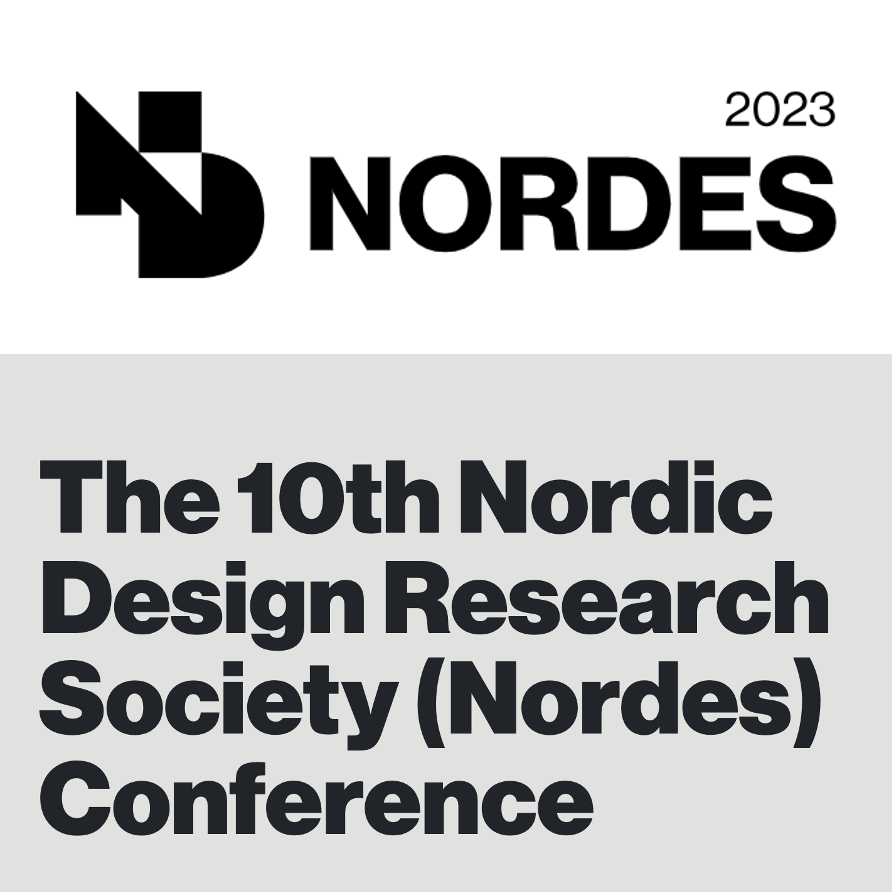Inter’Act talks about Stroke rehabilitation at NORDES Conference 2023
We are pleased to share that Inter’Act Research Group was represented at the NORDES conference in June 2023 by two of our doctoral researchers! NORDES (https://nordes2023.org/), the Nordic Design Research Society, is known for its inclusive, community-focused conferences that explore various themes. Today, we cast the spotlight on our first year PhD student Louise Masciarelli. She is currently exploring the experiences of stroke patients and their rehabilitation within hospital settings. Her study aims to gain insights into the experiences of stroke patients and the medical professionals who assist them during their recovery.
During the conference, Louise presented a poster highlighting her findings. Her research approach was distinctive as she collaborated with a 25-year-old stroke patient currently undergoing rehabilitation. Together, they compared this individual’s experience with that of a « theoretical » typical stroke patient, revealing noteworthy disparities.
It became evident that the personas commonly used in healthcare settings for stroke patients often skewed towards older individuals, leaving younger stroke patients feeling underrepresented and misunderstood. Younger stroke patients have distinct desired outcomes compared to older individuals, often seeking a return to more active work and life responsibilities. The participant also emphasized some of their own issues to provide a continued up-to-date outlook on recovery and hospitalization. She found the diverse range of materials used in hospital environments overwhelming, leading to cognitive fatigue, particularly during the early stages of rehabilitation. She also reported on a need for adaptable spaces wherein preferences shifted over the course of recovery, moving from minimalistic and less visually disruptive environments early on, but to later find such spaces cold and unwelcoming.
This research sheds light on the unique needs of younger stroke patients and emphasizes the importance of inclusivity and personalization in healthcare design. It challenges prevailing stereotypes and encourages the development of more effective and empathetic approaches to stroke rehabilitation.
For more information on Louise’s research and our group’s initiatives, please do not hesitate to connect.


